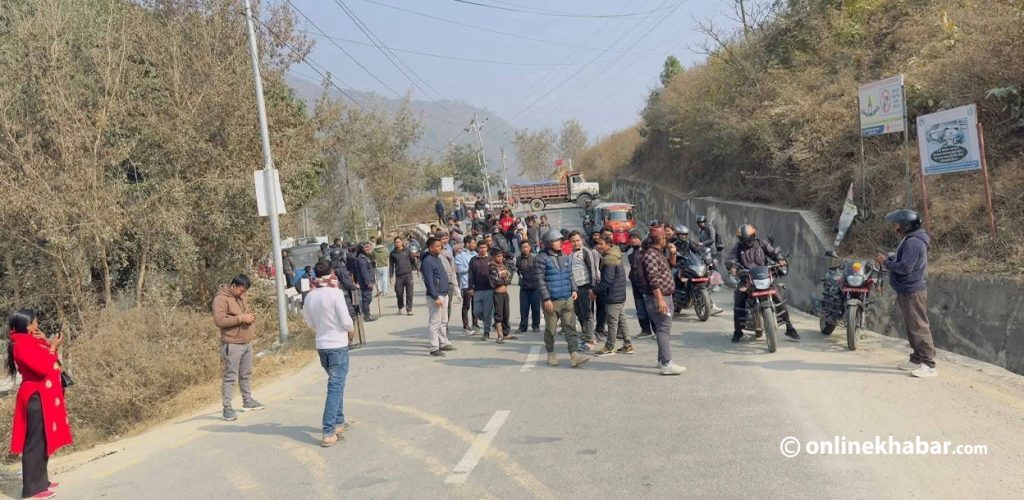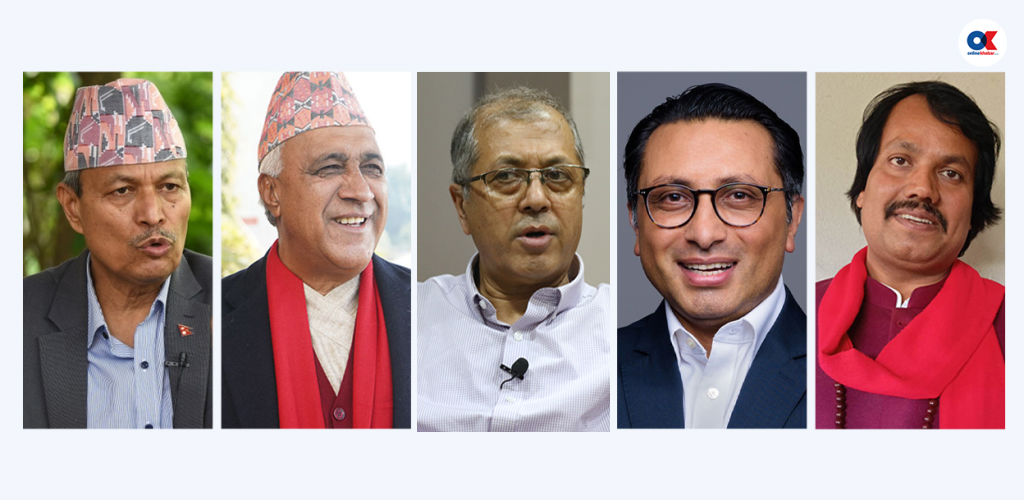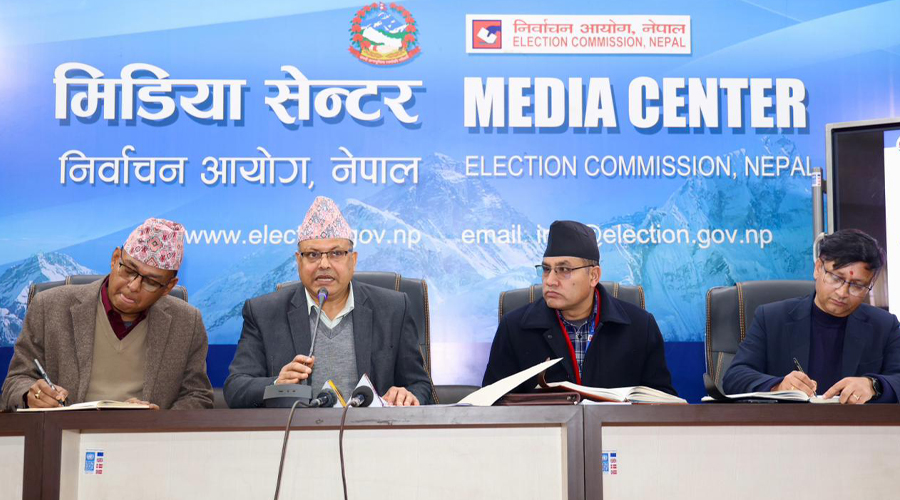When Bangladesh became independent from Pakistan in 1971, our founding fathers wanted to avoid the mistakes Islamabad made by centralising power. That is why the constitution said that power will be decentralised, and elected representatives will run the government at different levels.
Different pieces of enabling legislation were passed to divide the country into union parishads, and districts. In 1983, when General Ershad came to power in Bangladesh, he introduced sub-districts to consolidate his own power. But the move became popular.
Bangladesh now has 61 districts in the plains and three in the hills, 490 sub-districts, and 4,553 union parishads. There is a separate Act to govern each of the units. In union parishads, the lowest level of government, there are nine constituencies, and a reservation system for women, which ensures that at least three women get a seat on the parishad. For the sub-districts, the system is different, we have a directly elected chair and two vice chairs and reserved seats for women, to be filled by an electorate comprising women.
The union parishad elections are going to take place in the second week of March, but the sub-district elections have not taken place for over two decades, and district elections have not happened since independence!
The reason we chose decentralisation was to empower our citizens, but the exact opposite is happening now in Bangladesh. Over time, everything has been centralised.
The end of Ershad
In 1991, when Ershad was deposed, Khaleda Zia’s BNP came to power. One of the first things it did was to abolish the sub-district system, as it was representative of Ershad’s legacy. The court was moved against the decision, and the court, which did not want to put the newly-elected government in trouble, ordered it to conduct elections within six months.
When will the six months be up?
According to the order, the government was supposed to hold elections at all levels within six months. But that never happened. As the deadline ended, the government went to court asking for an extension. Again after the extension expired, it asked for another extension. This continued for sometime. After a while, no one bothered to go to court.
In 1996, the Khaleda Zia government’s tenure was going to end. In Bangladesh, everyone knew that whoever is in power during the election wins the popular vote. So, Sheikh Hasina and her Awami League demanded that a caretaker government be allowed to conduct elections so that it is free and fair. But the Zia government resisted, and it conducted a one-sided election. It won the election: Of the 300 seats up for grabs in Parliament, BNP won 153, that too without any competition. But BNP could not sustain the majority it received. So, the Parliament amended the constitution.
Politicisation of the judiciary
According to the amendment, the recent-most retiree Supreme Court Justice gets to head the caretaker government for 90 days to conduct free and fair elections. When elections happened, Awami league, the party in opposition, won with a thin margin. When its tenure was over, another caretaker government was formed to conduct elections.
By now, everyone knew that under the caretaker system, the ruling party always loses the election. So, when Zia’s BNP won the next election, the party tried to tinker with the judiciary so that its sympathiser gets to lead the caretaker government. It amended the law to increase the retirement age of judges.
When the time came, a judge, who was considered close to the BNP, became the head of the caretaker government. But the opposition hit the streets against this appointment, and in 2006 many people lost their lives in political violence.
The military-backed government
The caretaker government had to resign, and a military-backed government took charge.
Everyone was so engrossed in the political events that the issues of local elections never crossed anyone’s mind. The military-backed government tried to institute reforms; it even jailed Zia and Hasina. But both were released due to technical loopholes in the case.
The government formed a committee, of which I was a member, to revise laws related to local government. We proposed sweeping changes. Some of the recommendations took the form of an ordinance, but the new Parliament did not endorse it. All changes we had introduced were reversed.
New Parliament, arcane laws
The new Parliament introduced a new Act to regulate the sub-districts. Under the Act, the MPs became more powerful in the sub-districts. Although they were called ‘advisors’, heeding their advice was made mandatory. Unfortunately, the electoral constituencies and the the sub-districts are the same in Bangladesh. The MPs became the most powerful lot in the sub-districts.
The new legislation made it possible for the government to allow local elections to be conducted on partisan basis. That further hurt local governance. When union parishad elections happened a few months back, more than 10 per cent of the winning representatives were from the ruling party. The all-powerful ministry of local development took a course of political vendetta against representatives from the opposition party. This further crippled the union parishads.
Lessons for Nepal
In Nepal also, there needs to be a debate on the way local bodies are constituted. My recommendation is that the MPs should not have a say in local affairs. I would also urge to think carefully before allowing local elections to take place on a partisan basis.
We must understand that in multiparty democracies like Nepal and Bangladesh, there are checks and balances against the central government, but no such mechanisms are there at the local level. That is why party-based elections may not be suitable at the local level.
The four Fs
I have always said that any local government’s success depends on four Fs: function, functionaries, funds and freedom. The body should have a defined function, it should have its own staff, adequate money, and the freedom to decide its own fate.
The subsidiarity principle
According to the subsidiarity principle, problems should be solved where they arise. Local issues relating to education, healthcare and education should be resolved locally, the central government should not be involved in this.
No to MP development fund
The Indian Supreme Court set a bad precedent by allowing the government to dole out funds to the MPs in the name of development. I think that MPs should exclusively focus on law-making, and should not be involved in local politics.
Dr Majumdar is Central Secretary, SHUJAN an initiative of a group of concerned citizens of Bangladesh with the purpose of promoting democracy, decentralization, electoral reforms, clean politics and accountable governance.
As told to Onlinekhabar























